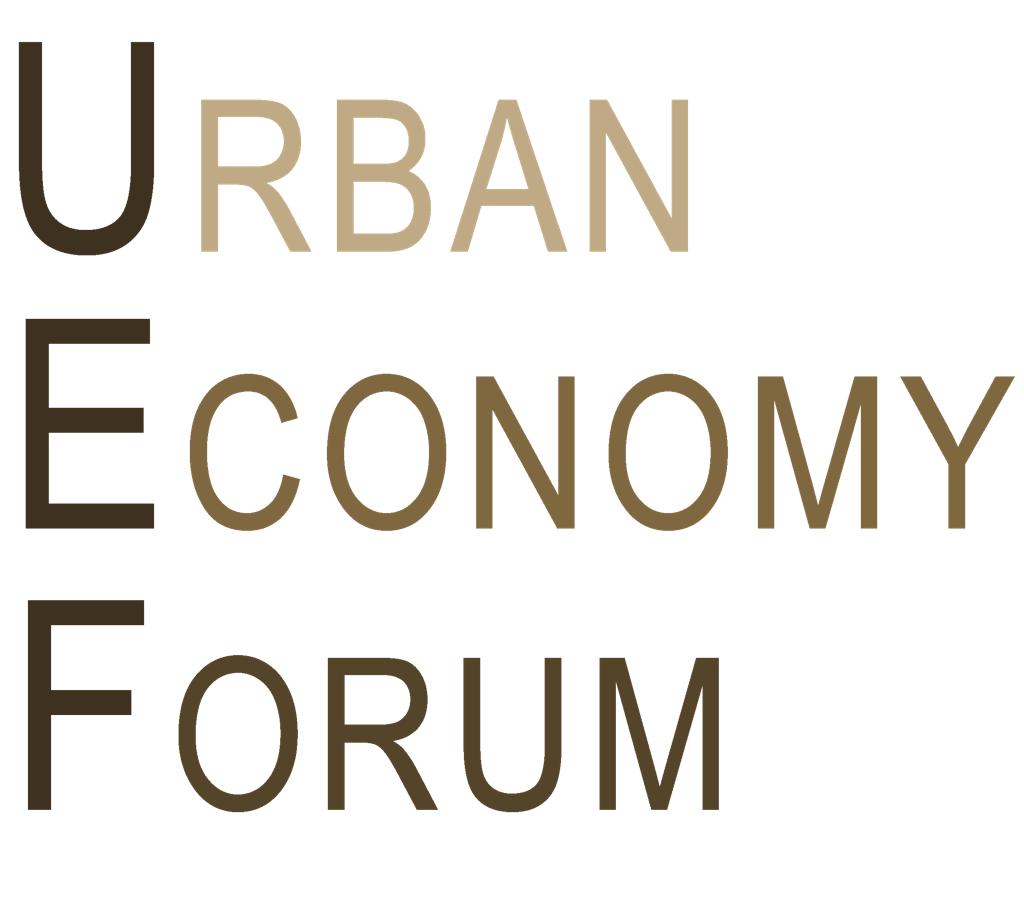Co-Chair's Message
We have successfully hosted the UEF2019 conference and strengthened our network of city leaders with local and international stakeholders across different industries. Our stronger network will strengthen our capacity to invite more stakeholders from around the world and participate at Urban Economy Forum 2020 to further enrich the dialogue.
We believe focusing on the realization of sustainable development goals has become an urgent matter. We have 10 years left until 2030 Agenda for Sustainable Development and that is not a lot of time. UEF in 2020 will focus on the economy of cities and review opportunities and challenges and the process of securing financial resources for cities.
At UEF2019 conference, we have reviewed various aspects of urban economy from different perspectives. It was a great experience for us to understand the multidimensional complexity of the subject. For municipalities, its urban economy acts as the skeleton for their framework which enables them to budget their future spending and we believe, sustainable urban economy will define correct approaches and strategies for municipalities to realize all their programs and projects.
Securing necessary financial resources for city projects is a big burden for many municipalities. Sustainable urban economy would reduce the burden and facilitate the realization of the projects efficiently without unnecessary delays. We believe developing a roadmap for municipalities to achieve sustainable urban economy is crucial to realize SDGs and it will shape the future of cities entirely.
We will focus on fighting climate crisis within the context of cities and we will provide an international platform to review and exchange knowledge and expertise in adopting innovative ways and best practices for cities to reduce the consumption of energy and emission of greenhouse gases.
Many municipalities have weakness in this field of municipal finance due to the lack of expertise and knowledge. UEF with UN-Habitat tools will encourage universities, academic institutions and research centers to share their knowledge and expertise and discover pragmatic and innovate ways for cities to achieve sustainable urban economy. UEF will also act a global platform to present their findings.
Urban Economy Forum will also start a discussion about municipal finance with city leaders in different industries. We believe it is important for them to join the conversation and exchange their experiences and learn from them. Otherwise we will not be able to make progress and move forward as a society.
The pavilion can showcase best experiences in developed and developing countries on linking urban renewal and public space initiatives with revenue enhancement that benefits residents, private development and public sector. The pavilion can also show cases of urban renewal in Canada following the principles of better livelihoods and interview residents and business that were benefited by the better living environment.
Another initiative the pavilion can highlight are: land property assessment simplified; one stop for citizens to propose improvements in urban areas; smart cities for better urban economy; blockchain and fintech initiatives; smartphone applications for participatory budgeting, as well as several others that support finance and urban economy.
The year 2020 will be a turning point for Sustainable Development Goals. We will try to involve more mayors to join our international forum to discuss ways to achieve sustainable urban economy and how they can use urban economy as a means to implement the SDGs in their cities.
Also, we will focus on the role of housing and real estate as one of the main revenue sources for cities and to provide sustainable housing options to the people. Quality housing and the quality of life are closely related, which makes the provision of housing important for cities.
We will create pilot projects with city leaders, stakeholders, and municipalities to explore various sustainable housing options and share the projects and review them during the forum.
Evaluation of the urban economy of cities must be based on transparent and accurate urban data. Many cities still use outdated methodologies and techniques to gather data to evaluate the current state of their cities. Municipalities need to involve the world’s top high-tech companies and collaborate with them to find ways to integrate technology into gathering big urban data. Accurate urban assessments provide the foundation for cities to work toward the realization of sustainable urban economy. UEF will collaborate with high-tech companies and use City Prosperity Initiative (CPI) to provide the correct urban assessment of the city. Municipalities have the responsibility to respond to this call as the activity of one city affect another in a significant way in our highly globalized world.
Reza Pourvaziry. Marco Kamiyco- chair of Urban Economy Forum 2020 co- chair of Urban Economy Forum 2020
